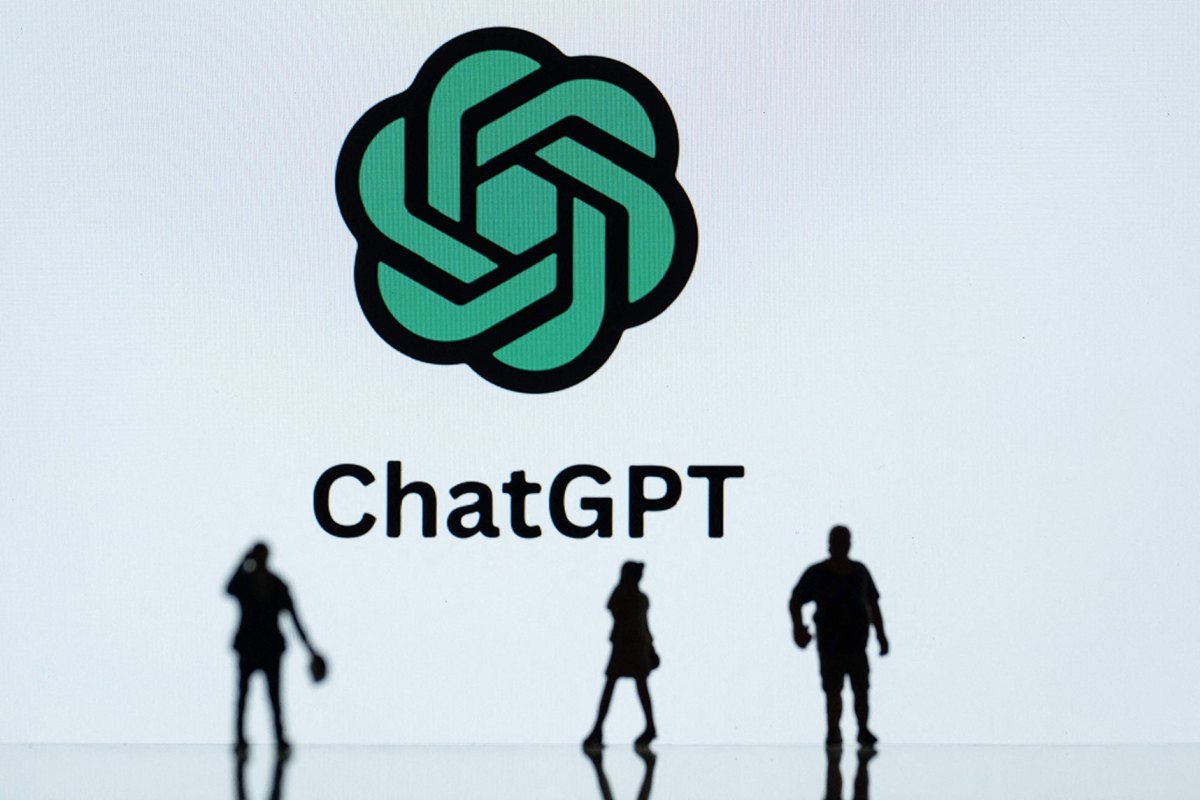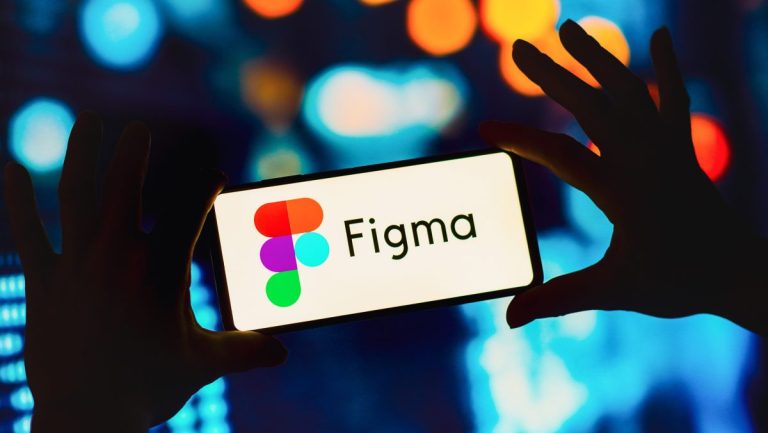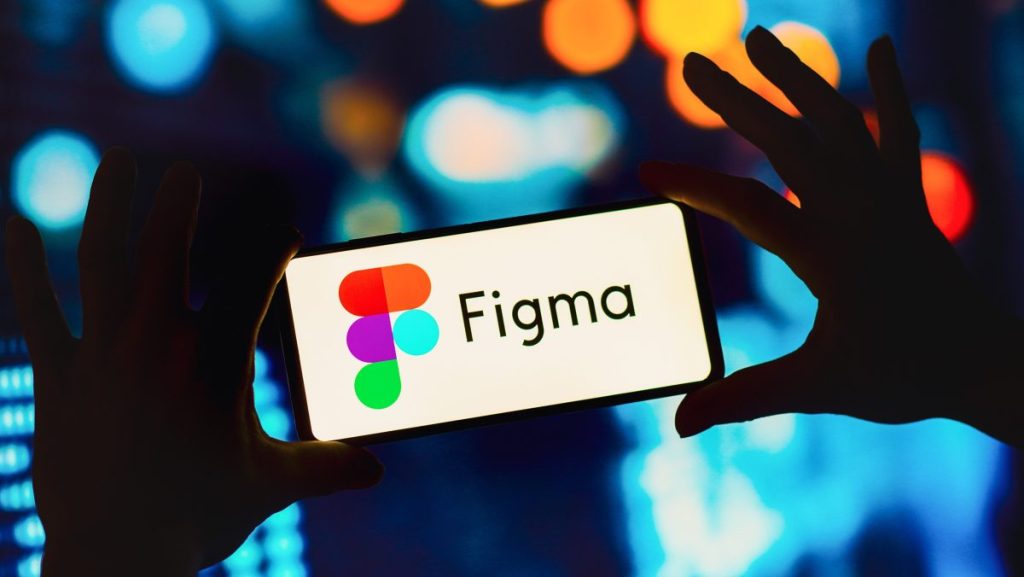OpenAI has introduced a significant update to ChatGPT called “Memory with Search,” enhancing how the AI chatbot personalizes web search results. This feature allows ChatGPT to integrate details from previous interactions—such as user preferences, dietary habits, or location—into its search queries, delivering more tailored responses. For instance, if a user mentions being vegan and residing in San Francisco, ChatGPT can automatically refine a query like “restaurants near me” to “best vegan restaurants in San Francisco,” streamlining the search process.
The update builds on recent improvements to ChatGPT’s memory capabilities, which now enable the AI to reference a user’s entire chat history. This move positions ChatGPT to better compete with rivals like Anthropic’s Claude and Google’s Gemini, both of which offer similar memory-driven personalization. According to OpenAI’s documentation, Memory with Search works by rewriting user prompts into optimized search queries that incorporate relevant stored information. Users retain control over the feature, with the option to disable it via settings if desired.
While OpenAI has not specified a rollout timeline, some users on social media platforms report early access to the functionality. The integration of memory into web searches marks another step toward creating a more intuitive and context-aware AI assistant, though questions remain about privacy and data usage as personalization deepens.















